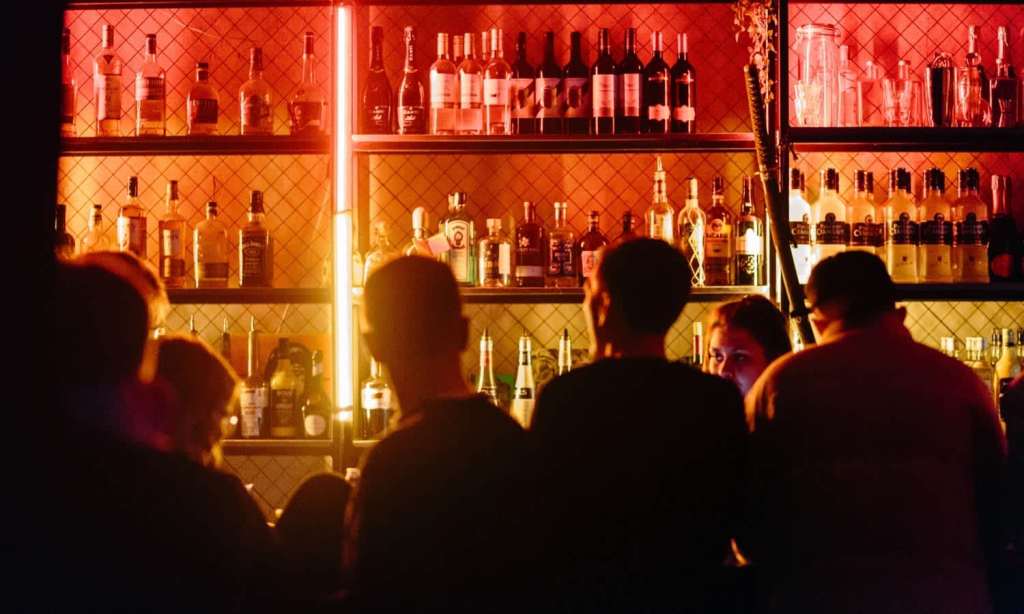The recent spikes of COVID-19 infections in Victoria and New South Wales have raised the possibility of superspreader events in Australia — where one person infects multiple people in one sitting.
An example of this is the outbreak connected to a south-west Sydney pub, where a Melbourne man had drinks with workmates on July 3. 12 days later, 34 COVID-19 cases were connected to the Crossroads Hotel, the ABC has reported.
Similar events have happened overseas, with one patient in Wuhan, China infecting 14 healthcare workers in January. In South Korea, 40 people were infected after attending one church service, says The Conversation.
Tracking patterns of other infectious diseases, the superspreaders of COVID-19 maintain a similar design — a small number of people are responsible for the bulk of the transmission.
According to the ABC, this is often referred to as the 80/20 rule, as roughly 20% of people control around 80% of the infection spread.
So, what makes a person a superspreader?
It’s a combination of a few factors including their biology, their behaviour and environment and the pathogen itself.
“Some infected individuals might shed more virus into the environment than others if their immune system has trouble subduing the invader,” Elizabeth McGraw, the director of the Centre for Infectious Disease Dynamics at Pennsylvania State University, wrote for The Conversation.
“Additionally, asymptomatic individuals — up to 50% of all those who get COVID-19 — will continue their normal activities, inadvertently infecting more people. Even people who ultimately do show symptoms are capable of transmitting the virus during a pre-symptomatic phase.”
Behaviour plays a big part in transmitting the virus and sometimes it can be as simple as being in the wrong place at the wrong time, where you’re surrounded by a lot of people.
McGraw points to those who also work in customer-facing jobs like shopkeepers and healthcare workers, who come into contact with large numbers of people on a regular basis, making it easier to both catch the virus and then spread it.
Unfortunately, it’s not possible to pinpoint who could potentially be a superspreader until they have already infected a large group of people.
Some experts are more concerned about superspreader events, rather than people as the right circumstances could turn anyone into a spreader. And a venue filled with people presents the perfect opportunity for this to happen.
“Pubs are potentially superspreading environments,” Dr Norman Swan said on the ABC’s Coronacast. “In a pub, you speak more loudly because you’ve got to be heard… and you are drinking, therefore, you’re disinhibited and you’re more likely to be laughing, chatting to your mates.
“It’s just the environment where if you’ve got the virus, it’s coming out and it’s going significant distances.”
This is why measures like social distancing and hand hygiene are super important, as well as testing and isolating if you’re experiencing symptoms. If you feel sick, skip the pub and stay home.
The current health crisis is evolving rapidly. If you suspect you or a family member has coronavirus you should call (not visit) your GP or ring the national Coronavirus Health Information Hotline on 1800 020 080.







